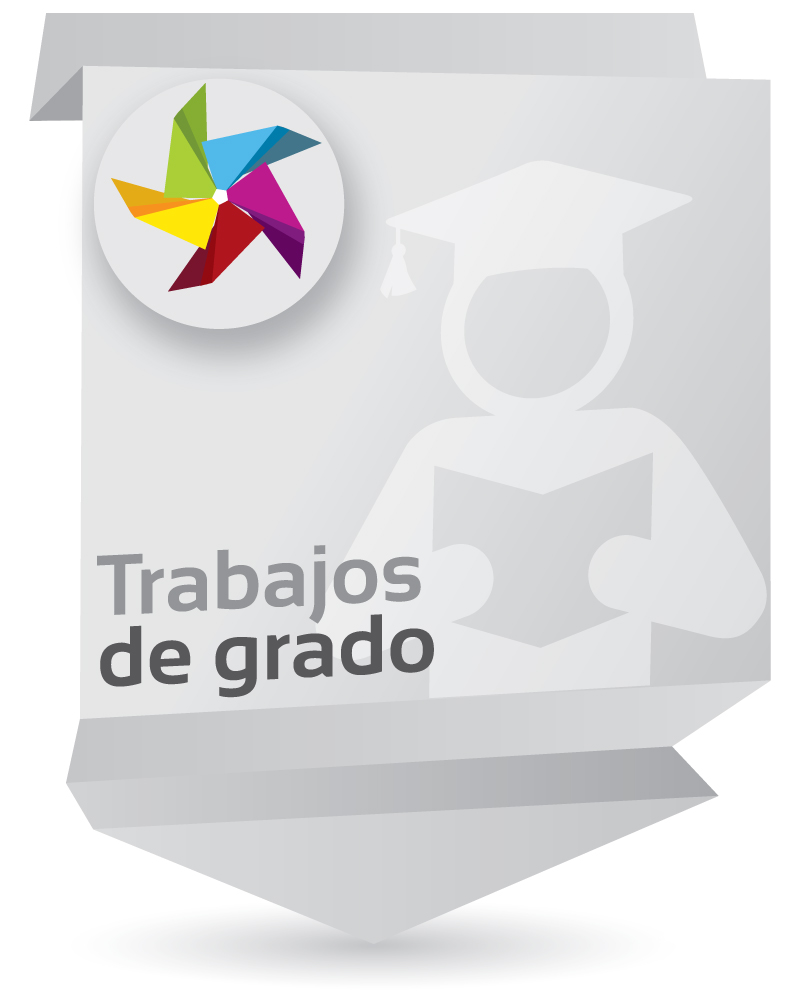Elementos orientadores para el análisis y diseño de políticas decoloniales de educación indígena y educación matemática
Enlaces del Item
URI: http://hdl.handle.net/10818/55255Compartir
Estadísticas
Ver Estadísticas de usoMétricas
Catalogación bibliográfica
Mostrar el registro completo del ítemAutor/es
Molano Franco, Edwin YesidAsesor/es
Blanco Álvarez, HilbertFecha
2023-02-12Resumen
En el marco del doctorado en Educación de la Universidad de La Sabana, se plantea esta tesis que busca responder a la pregunta ¿Qué elementos se requieren para la construcción de una política emancipatoria de educación matemática desde la interculturalidad? La investigación fue desarrollada con metodología de tipo cualitativo, haciendo uso de diversas técnicas como la revisión bibliográfica, la entrevista, y la Teoría Fundamentada, se plantean cuatro objetivos específicos: 1) Estudiar las relaciones entre la Educación Indígena, currículo, y Etnomatemática para determinar los límites de integración del pensamiento indígena en el currículo escolar por medio de la Etnomatemática; 2) Establecer un marco de análisis de la política educativa desde una perspectiva emancipatoria; 3) Analizar la relación entre política educativa indígena y Etnomatemática; 4) Proponer elementos para la transformación de la política de educación matemática, que atiendan a las demandas indígenas y los postulados de la Etnomatemática Within the framework of the doctorate in Education at the University of La Sabana, this thesis
is proposed seeks to answer the question: What elements are required for the construction of
an emancipatory policy of mathematics education from interculturality? The research was
developed with a qualitative methodology, using various techniques such as bibliographic
review, interview, and Grounded Theory, four specific objectives are proposed: 1) Study the
relationships between Indigenous Education, curriculum, and Ethnomathematics to
determine the limits of integration of indigenous thought in the school curriculum through
Ethnomathematics; 2) Establish a framework for analyzing educational policy from an
emancipatory perspective; 3) Analyze the relationship between indigenous educational
policy and Ethnomathematics; 4) Propose elements for the transformation of the mathematics
education policy, which attend to the indigenous demands and the postulates of
Ethnomathematics. The analysis carried out throughout the thesis allows us to propose
elements for an emancipatory policy of mathematics education, which we classify into two
typologies: 1) Elements of analysis: a) a categorical set for the analysis Analysis of research
in Ethnomathematics in the relationship Education Indigenous – Curriculum –
Ethnomathematics, b) an analytical tool for the analysis of indigenous education policies and
mathematics education from Ethnomathematics, c) conceptualizations of the curriculum,
Ethnomathematics and Mathematics as institutions of the architectural structure of the policy,
d) Necessary contents of discussion the policies of indigenous education and mathematics
education; 2) Elements for transformation: a) The analogy in mathematics education as a tool
for epistemic decolonization and intercultural dialogue, b) Three principles that mobilize the
policies of indigenous education and mathematics education in their diachronic moments, c)
Three Ethical Principles for mathematics education, d) Ethical-political position of the
mathematics teacher regarding the curriculum, e) Institutional limits of legitimacy and
construction of alternatives.


















